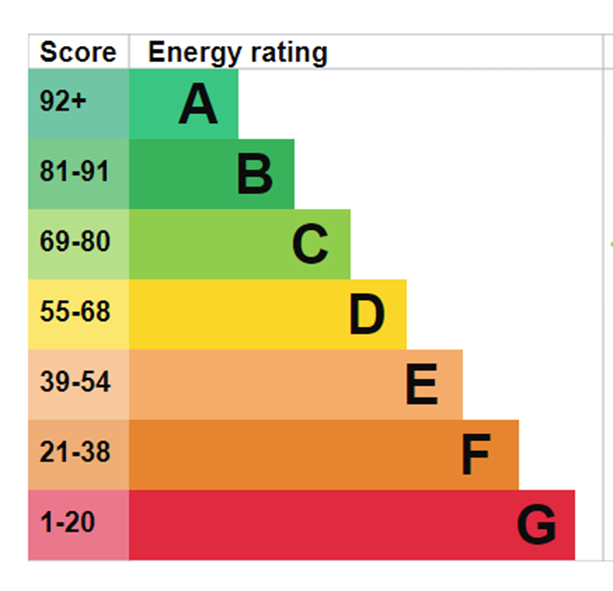Go paper-free
Amend paper-free preferences for your statements and correspondence.
You need an EPC, or Energy Performance Certificate, if you’re selling or renting a house. Find out more about what’s involved and how to get one.
Before you get an EPC, find out if the property already has one. Certificates are valid for 10 years unless you’ve made home improvements in that time as your rating may have changed.
In England & Wales find an energy certificate on GOV.UK.
In Scotland find an energy certificate on the Scottish EPC Register.
The appearance of an EPC can vary depending on when it was completed and the country that issued the EPC. The sections and information covered should be the same though.

New builds don’t have EPC ratings if they are sold ‘off-plan’. Instead, the builder or developer may have arranged for a Predicted Energy Assessment (PEA) instead. Once the house is built, they can arrange for an EPC assessment. New builds tend to be built to a high energy efficiency standard. So are likely to have a higher EPC rating.
Including the energy efficiency of your property in our affordability assessments allows us to better work out how much you can borrow based on your circumstances.
We can better reflect the impact of home energy costs, and some of the financial benefits of more energy-efficient homes. You might then receive a higher loan amount if the EPC is an A or B rating. Or you might receive a slightly lower loan amount if the rating is F or G.
This is because for houses with a lower EPC rating your energy bills are likely to be higher and so your outgoings will be higher. This will impact the size of the loan you can afford to repay.
The eco home tool is great for working out where you could save money on energy bills.
Read our quick guide on improvements you can make to your home.
Learn how we could help you put your plans into action.